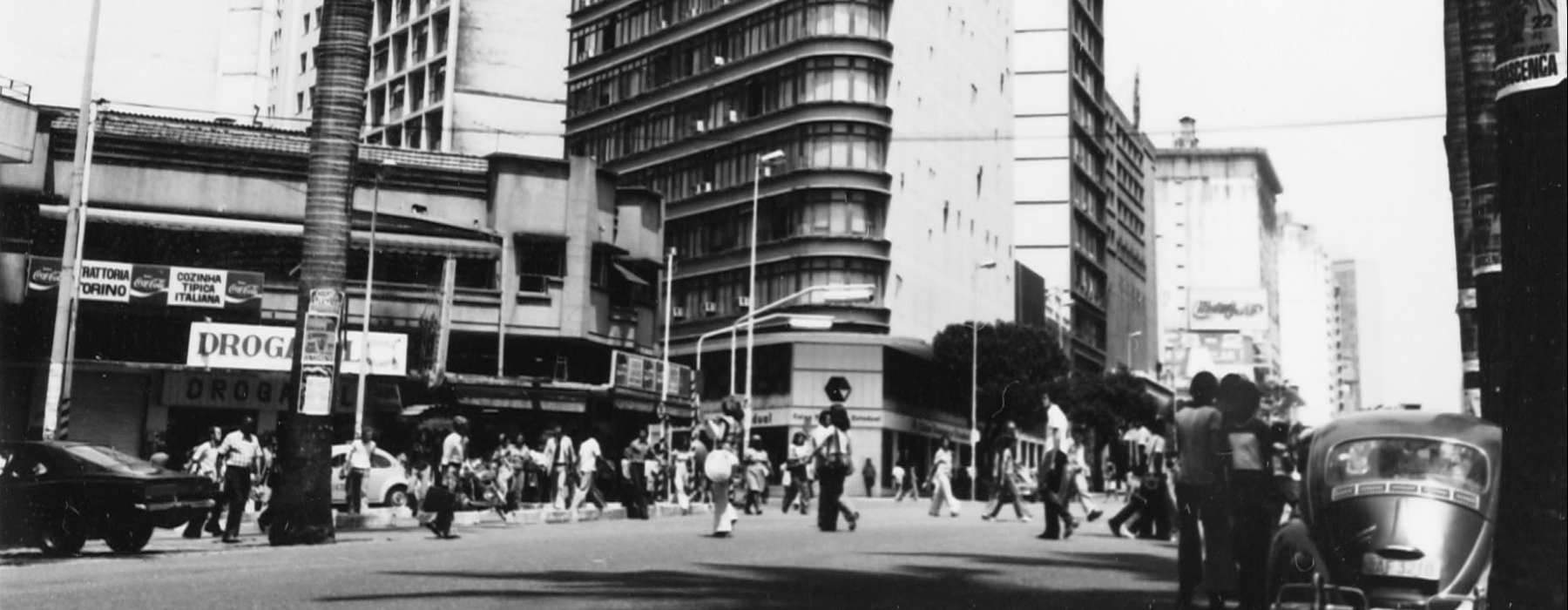
The project is framed around the concept of shared heritage, which we take to be site of negotiation around colonial histories, and where contested or difficult histories can be addressed to serve the present. Urban in its focus, and transnational in its reach, Transnational Workshop: Designing Convivial Futures, brings together international and local stakeholders and voices to foster an action research environment that facilitates co-creative methodologies. This action research focused strategies of doings and undoings will include two international workshops and the exchange of expertise, where we develop together strategies for more resilient urban futures.
During this workshop we hope to address the following set of questions:
- What role do the slavery and colonial pasts play in shaping postcolonial urban landscapes, their polities, social hierarchies and relations?
- How might stories of the colonial past and its afterlives be told in more complex, plurivocal and multiperspectival ways?
- What are the (hidden) potentialities of (colonial) archives, for example in museums or in the urban landscape, for fashioning more equitable practices of history writing, and for shaping more convivial futures?
The Transnational Workshop consists of dialogic workshops, symposia and walks that will be organized around a series of inter-related ensuring that attendees and guest speak together and exchange ideas, strategies and references.
The Transnational Workshop is developed by the Research Center for Material Culture in collaboration with Het Nieuwe Instituut as a contribution to the project SEE by The City (Zahira Asmal). It is made possible with the kind financial support of Dutch Culture and Creative Industries Fund.
SEE is a year-long program (2019-2020) of activities, events, urban design studio’s and conversations taking place both in Cape town, South Africa, and in The Netherlands addressing the future of living in a postcolonial city. SEE is initiated and developed by Zahira Asmal (The City) in collaboration with South African partners and the Dutch partners, Research Center for Material Culture, Het Nieuwe Instituut and Arna Mackic. It is made possible with the kind financial support of Dutch Culture and Creative Industries Fund.
